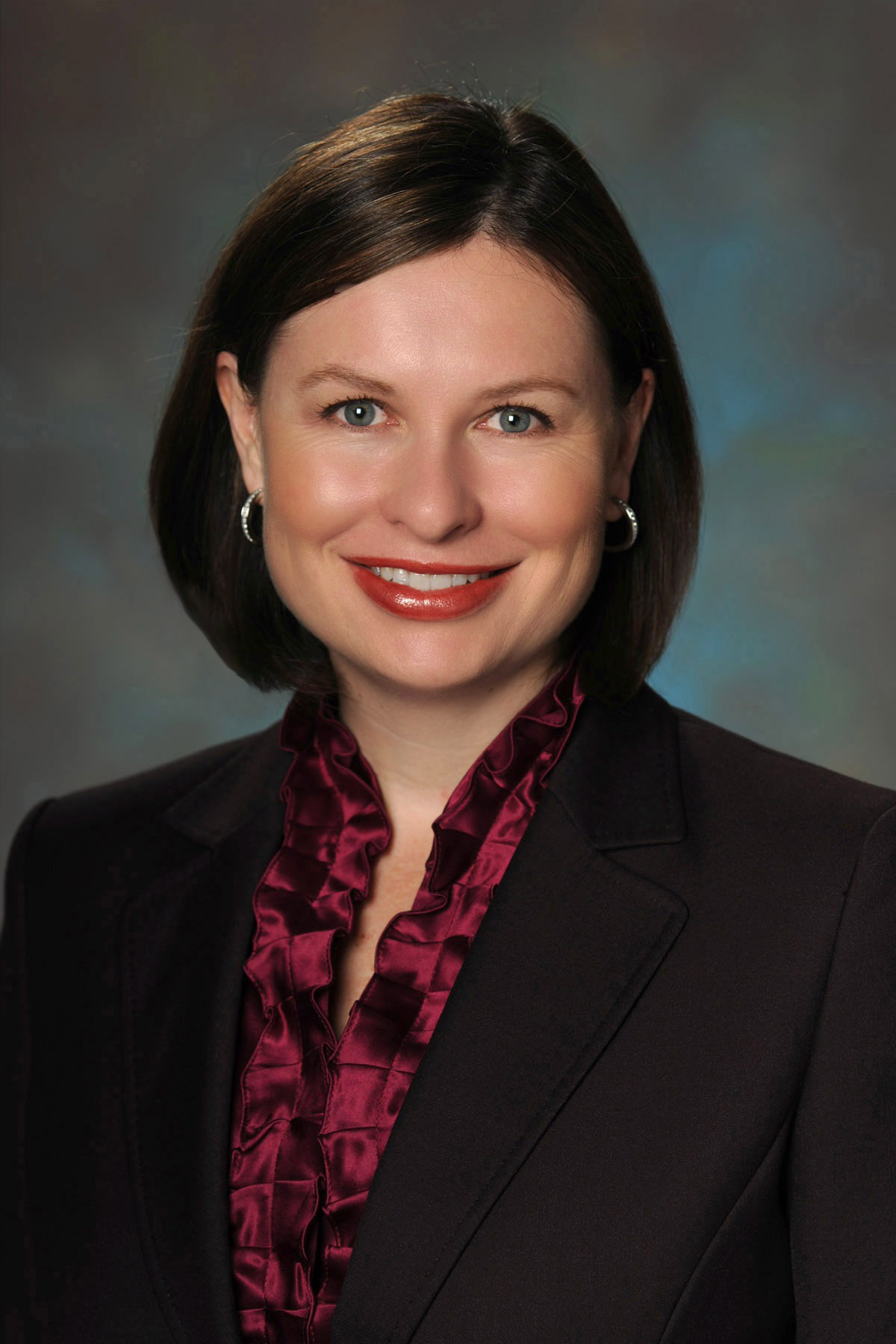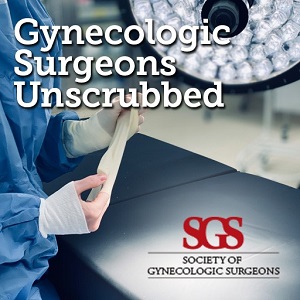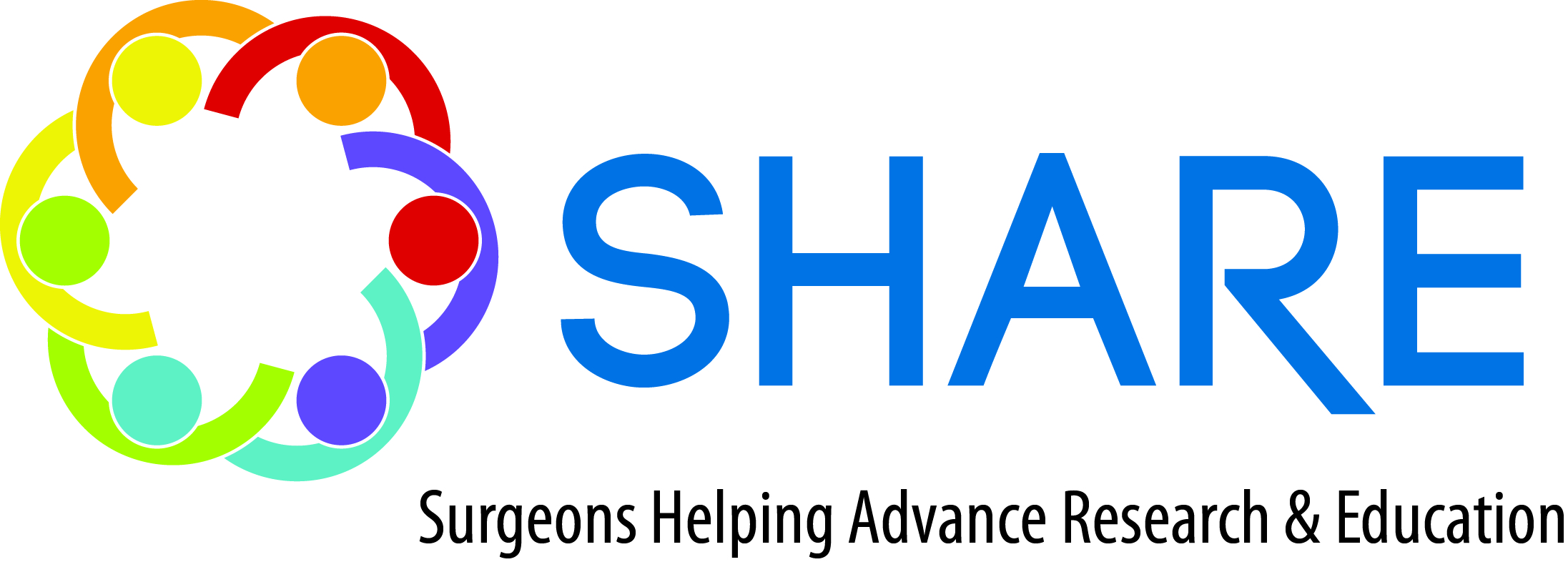Vaginal hysterectomy is a core gynecologic procedure. However, due to surgical volume decline and diversification of routes over the past few decades (laparoscopy, robotics, and vNOTES), vaginal surgical volumes have significantly declined. This shift has led to fewer operative learning opportunities and declining graduating resident surgical volume. In response, surgical simulation has been used to augment learning and maintain vaginal surgical skills, including simulation practice to a pre-specified level of proficiency before operative performance is allowed. In addition, surgical simulation is advantageous because it provides for skill acquisition and maintenance outside of the operating room in a learning environment that is safe for the learners and does not expose patients to additional risk.
This course will provide an overview of existing vaginal surgical simulation models; will review how to teach and evaluate vaginal surgical skills, and discuss the basic tenants of simulation, including content, video, pre-test, evaluation, and feedback. This course will include lectures and interactive learning via hands-on teaching and evaluating existing vaginal surgical simulation platforms.
Participants will rotate in small groups to facilitate an in-depth evaluation of the following models:
1. A commercially available ready-made vaginal hysterectomy model: Miya Model
2. Make-it-yourself vaginal hysterectomy: a low-cost model
3. Anterior and posterior colporrhaphy: a low-cost model
4. The Fundamentals of Vaginal Surgery (FVS) simulation system: a low-cost, basic vaginal skills model
Each simulation platform will be evaluated for its fidelity, cost, ease of construction (if applicable), procedural complexity, validity evidence, skills assessment capabilities (if applicable), and limitations. In addition, experts in gynecologic simulation-based education will facilitate their respective models.
This course was developed in affiliation with the SGS Education Committee and the ACOG Simulations Working Group.
Course Objectives:
At the conclusion of this activity, the participant should be able to:
1) Recognize the importance of simulation in teaching and training vaginal surgical skills
2) use the learning process to become familiar with ACOG online simulation-based resources and courses (ASSESS, Toolkit, etc.)
3) describe different simulation systems available for teaching vaginal surgery skills
4) review the differences in fidelity, cost, construction (if applicable), procedural complexity, validity evidence, proficiency scores (if applicable), and limitations.
Course Outline:
1:00 pm – 1:15 pm Welcome, Intro to Sim & Cognitive Psychology - Christine M. Vaccaro, DO
1:15 pm – 1:30 pm Overview of ACOG Sim Resources - Chi Chiung Grace Chen, MD
1:30 pm – 1:45 pm Surgical Coaching – Chi Chiung Grace Chen, MD and Payton C. Schmidt, MD
1:45 pm – 2:00 pm Debriefing – Veronica T. Lerner, MD
2:00 pm – 2:15 pm Break
2:15 pm – 4:45 pm Round Robin Hands-on Evaluation of Vaginal Surgery Simulation Models (participants rotate every 45 minutes):
- Miya Model High-fidelity Vaginal Hysterectomy Model – Douglas Miyazaki, MD and Chi Chiung Grace Chen, MD
- Low-Cost Vaginal Hysterectomy Model - Veronica T. Lerner, MD
- Anterior/Posterior Repair Model - Christine M. Vaccaro, DO
- Fundamentals of Vaginal Surgery Simulation System - Payton C. Schmidt, MD
4:45 pm – 5:00 Course Evaluation – All Faculty















